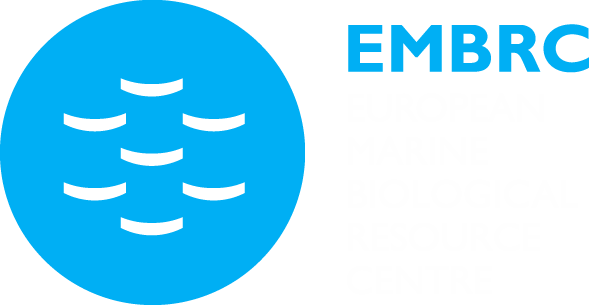How to navigate the Nagoya Protocol to the UN Convention on Biological Diversity on access to genetic resources and the equitable sharing of benefits arising from their use
One of the three objectives of the 1992 United Nations Convention on Biological Diversity (CBD) is the fair and equitable sharing of the benefits arising out of the utilization of genetic resources. To do so, countries that hold sovereign rights over their genetic (= biological) resources can choose to regulate access to them and the conditions under which they can be utilized (benefit sharing). The Nagoya Protocol (NP) has provided the international standard framework for Access and Benefit Sharing (ABS) and the administrative track and trace mechanism (ABS Clearing House).
With this international framework, utilization in research and/or development of any biological resource (except human samples), i.e. plants, animals or microorganisms or parts thereof (including proteins and DNA), belonging to the country from which it originates requires authorization clearance. Before undertaking research, appropriate permits from the country of origin may be required (at the discretion of each country) for the use of resources. This explicitly applies not only to commercial research, but also to non-commercial research. Therefore, due diligence is necessary before starting a project involving genetic resources and ABS documents must be archived for subsequent users of biomaterial.
The Nagoya Protocol is implemented in the European Union by Regulation (EU) No. 511/2014 which came into force on the 12th October 2014. The EU is responsible for ABS compliance of users of genetic resources on its territory regardless of the origin of the bioresource.
The EMBRC infrastructure is implementing a plan to ensure that all component biological resource centres comply with national and European legislations relating to ABS, as well as developing tools and resources to help its users to undertake the due diligence required under ABS. 2 guides have been issued in that respect: a guide to its operators and collections and biobanks, a guide to its users.
A central principle of ABS legislation is that it is the responsibility of users (not providers) of biological resources to prove that the resources they are using are compliant with ABS rules in both the country where the resources are used and the country of origin of the resource. In order to help users to fulfil this obligation, all EMBRC biological resource providers are required to provide a defined set of information on the provenance of resources (country of origin, collection site, collector, collection date, description, etc.) via a "resource passport". See the Seek, Keep and Transfer guide for more information.
EMBRC is also aiming to provide an indication of the ABS status of strains/samples held in collections by checking for each resource: (1) whether any national ABS (or ABS-like) legislation that requires users to make a declaration or request an authorization is in force in the country of origin of the resource, and if so (2) whether these conditions are applied only since the date of entry into application of the national legislation or whether they are applied retroactively irrespective of the date of sampling. In response to the question "Are users allowed to use this biological resource without applying for ABS permit", the colour coded ABS status indicator on this site provides our assessment of whether:
- the answer is "yes" (= green light ![]() ) because either:
) because either:
- the country of origin is not party to the NP and no ABS-like authorization is required;
- the country of origin is party to the NP but no ABS authorization is required (no national legislation);
- the country of origin is party to the NP but no ABS authorization is required (national legislation exists but not retroactive pre-NP or not applicable to this category of resource);
- no information is available on country of origin, but the resource was sampled pre-NP.
- the answer is "potentially" (= orange light ![]() ) because either:
) because either:
- the country of origin is party to the NP and ABS authorization may be required (=contact the relevant ABS NFP);
- the country of origin is not party to the NP but ABS-like authorization may be required (=contact the relevant ABS NFP).
- the answer is "no" (= red light ![]() ) because:
) because:
- no information is available on country of origin, resource sampled post-NP.
When authorization for the use of resources may be required, EMBRC advises users to contact the National Focal Point (NFP) of the country in question (stating the origin of the resource and intended use) in order to obtain information on the procedure that applies for that country. Contact details for NFPs can be found on the ABS Clearing House website here.
DISCLAIMER:
Please note that EMBRC collections provide an assessment of ABS status, which to the best of our knowledge is correct, purely as an indicative tool to facilitate use of collections and help users in their due diligence, but it remains the sole responsibility of the user to verify whether any ABS authorizations are required for each biological resource ordered. EMBRC and it's individual component resource centres cannot therefore be held responsible for any errors in our appreciation of the ABS status of biological resources. If users find any errors in this information we would be very grateful if you could inform us so that we can update our database.
If you require any additional information on ABS rules, please follow the links below.
